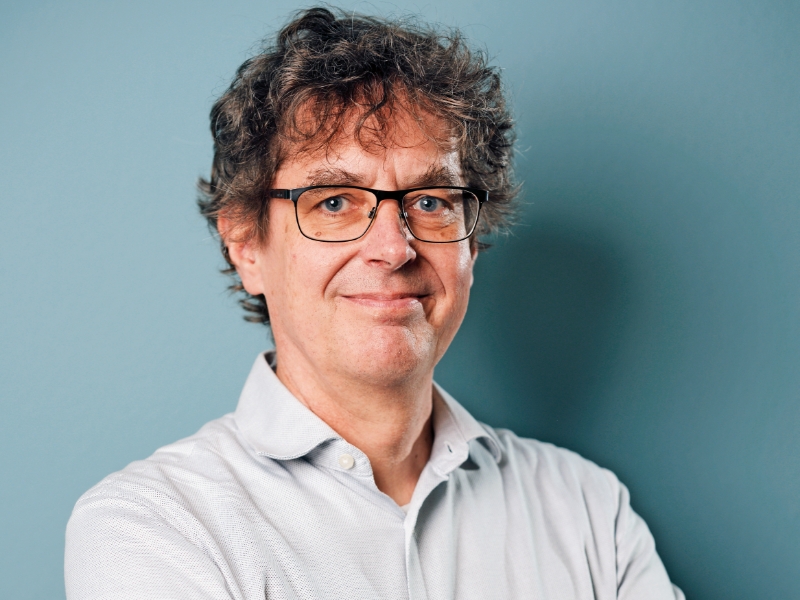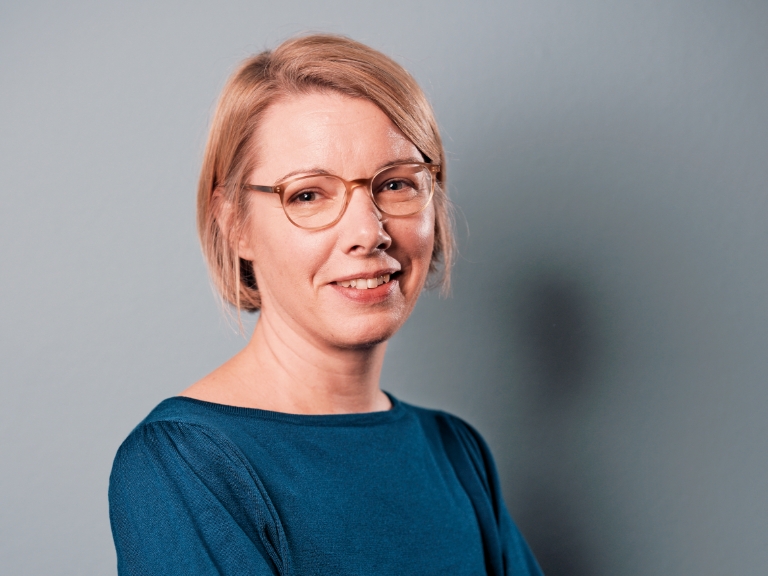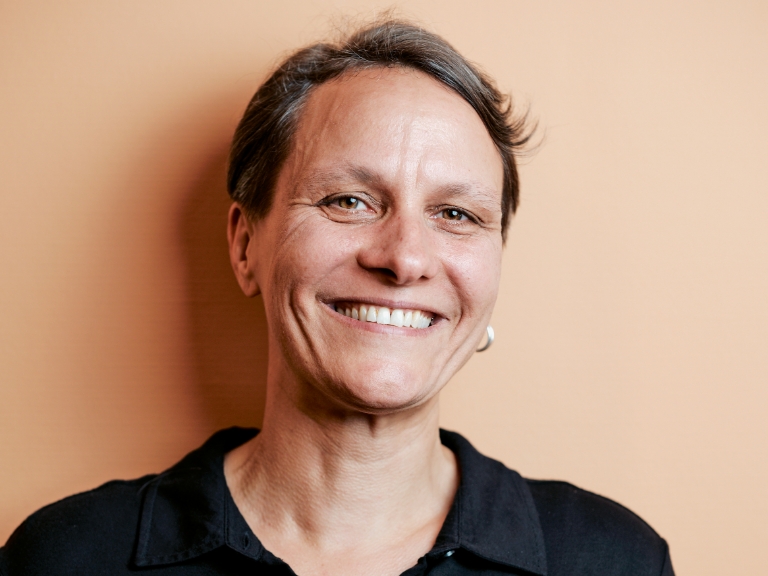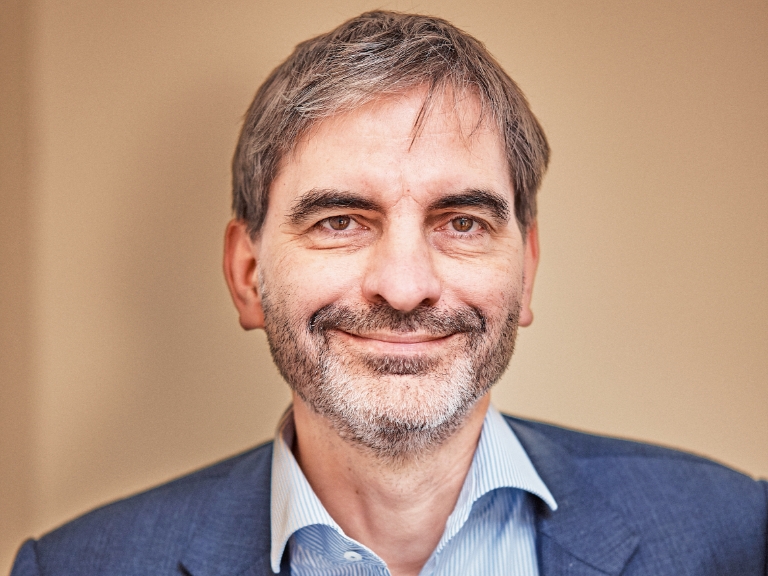Teaching scientific thinking
Stefan Brönnimann: How political would you like it to be?
How do professors manage to keep the discourse in their courses open and unbiased? And what experiences do they have outside the lecture halls with attempts at political appropriation? A climatologist expresses his own opinion.

Cramming for exams or saving the world?
“Climate research has been politically exposed for decades, yet I've hardly ever had any problems with political appropriation, either in class or elsewhere. I follow the maxim of the Intergovernmental Panel on Climate Change: Our work should be politically relevant, but not policy prescriptive. But where the line is between engagement and activism is something everyone has to decide for themselves. This creates a healthy plurality. This works well, discussions are rarely heated and always fruitful.
But the world and society are in a state of upheaval. What does that mean for studies? Cramming thermodynamics or saving the world? We create knowledge, impart skills and try out forms of collaboration that are needed to solve socially relevant problems. It is not our job to solve them, even though I admire the will to do so. It’s everyone’s job. After graduating, many students take on this role, whether in the private sector, education or administration. So: Cram your thermodynamics and then save the world.
The upheaval also affects our system of values. This can unsettle students and lecturers, and I have to address that. But discussions of values must be conducted at the level of society as a whole, that is my understanding of politics. Academics should contribute facts and arguments and correct false statements. We can practice that in class. We educate students not only academically, but also to become active members of society.”
About the person
Stefan Brönnimann
is Professor of Climatology at the Institute of Geography and Vice President of the Oeschger Centre for Climate Change Research (OCCR).
University in an area of conflict
“Freedom and responsibility are interdependent”
Student numbers are increasing and financial resources are becoming scarcer. Rector Virginia Richter talks about how the University of Bern meets this challenge, defends academic freedom and participates in socially relevant debates.
Magazine uniFOKUS

Studying is a launchpad
This article first appeared in uniFOKUS, the University of Bern print magazine. Four times a year, uniFOKUS focuses on one specialist area from different points of view. Current focus topic: Studies
Subscribe to uniFOKUS magazineSubscribe to the uniAKTUELL newsletter

Discover stories about the research at the University of Bern and the people behind it.


